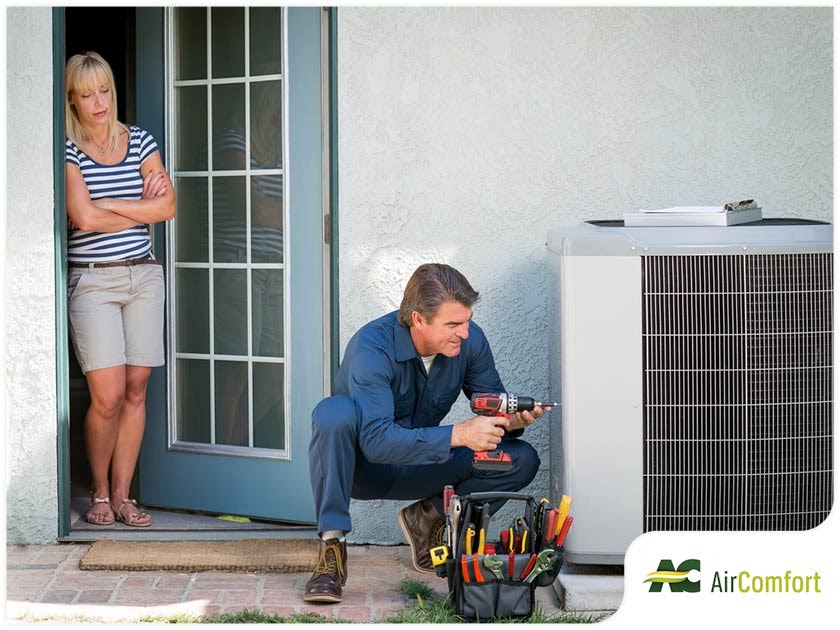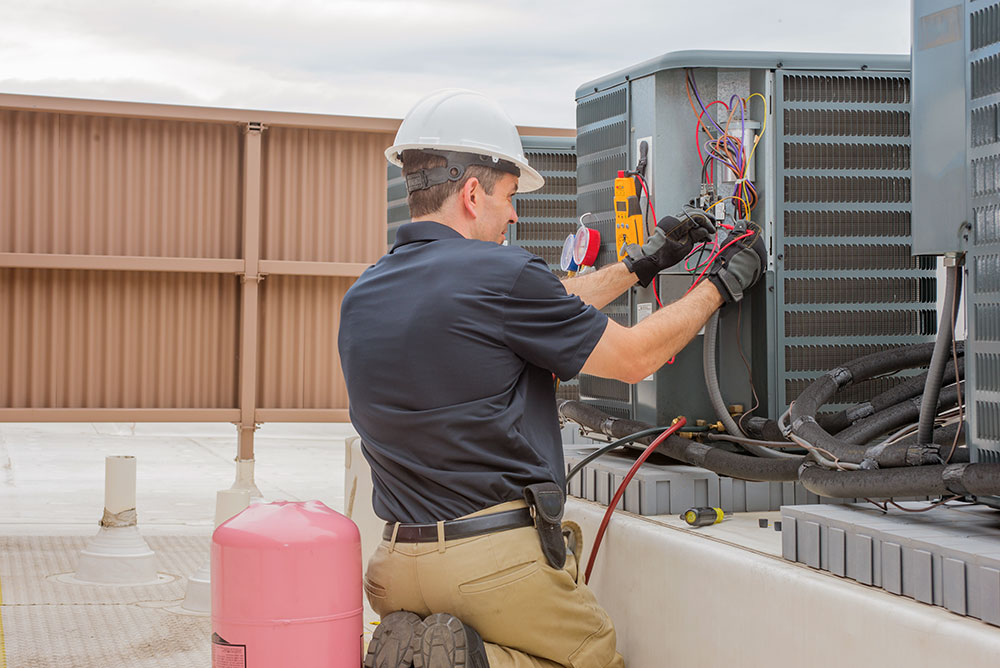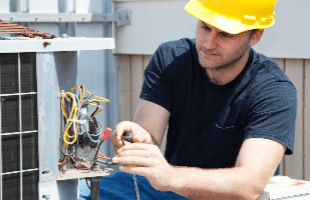HVAC Regulations Canoga Park Commercial HVAC Contractor
Purchasing a Trane furnace requires cautious consideration of multiple value aspects. Homeowners usually focus totally on the upfront price of the unit itself, however this method can lead to miscalculations when budgeting for general heating expenses. Evaluating the acquisition worth, installation prices, ongoing maintenance, energy efficiency, and potential repair expenses presents a more complete view of complete ownership prices.
The preliminary investment in a Trane furnace typically varies primarily based on mannequin and capability. Different models offer various options, similar to advanced technology and energy efficiency ratings, which might affect the general value. Higher-efficiency units may have the next preliminary price ticket, but the long-term savings on vitality payments can justify that upfront expenditure.
Installation performs a critical role within the last value. Professional installation could be a significant expense, and it is important to acquire quotes from qualified HVAC contractors. Factors influencing installation prices embody the complexity of the job, the prevailing ductwork, and any required modifications. Be sure to ask for detailed estimates that cowl labor in addition to supplies, as this can provide a clearer image of the entire cost concerned.
Maintenance costs should not be underestimated. Regular maintenance is essential for making certain a Trane furnace operates efficiently. Annual tune-ups may help keep warranty situations. While some householders may contemplate foregoing skilled maintenance to save money, this could lead to extra vital repairs and inefficiencies if problems are left unaddressed. Investing in routine servicing can in the end save householders from expensive breakdowns in the long term.
Commercial Refrigeration Canoga Park Local heating & air conditioning/HVAC
Energy costs represent one other crucial component of overall ownership bills. Trane furnaces come with various vitality efficiency scores, often denoted by the Annual Fuel Utilization Efficiency (AFUE) share. A larger AFUE indicates that a furnace converts a extra significant portion of fuel into heat, leading to lower utility payments. Proactively evaluating power usage and contemplating upgrades that enhance efficiency can considerably lower annual heating prices.

What components influence the value of a Trane furnace installation?
Several elements impression the installation value, including the kind and measurement of the furnace, extra ductwork or modifications needed, native labor charges, and any necessary permits or inspections required by native regulations.

HVAC Installation Canoga Park Heating and air conditioning (HVAC) companies near you
Yes, many Trane dealers provide financing choices, allowing clients to pay for his or her furnaces in month-to-month installments. It's advisable to inquire about these options during your consultation and evaluate rates and terms.

Higher vitality efficiency rankings typically come with the next upfront price, but they will result in important savings on energy bills over time. Models with greater efficiency ratings often qualify for rebates, making them more financially viable in the lengthy run.
What are the upkeep costs associated with Trane furnaces?
Duct Cleaning Canoga Park HVAC Contractor & HVAC Tune-ups
Annual maintenance for a Trane furnace generally ranges from $100 to $300. Regular maintenance helps ensure optimum performance and may lengthen the furnace's lifespan, potentially saving money on repairs over time.
Are there warranties out there for Trane furnaces, and the way do they have an effect on costs?
Trane provides warranties on their furnaces, usually covering parts for five to 10 years. Some fashions could include extended warranties for an additional price. Warranties can help mitigate repair costs and supply peace of thoughts.
Preventive HVAC Maintenance Canoga Park HVAC Contractors
How do native climate conditions like this affect the worth of a Trane furnace?

Central Air Installation Canoga Park HVAC Instant Rebate Program - Find a Contractor
What ought to I think about before buying a Trane furnace?
Consider factors corresponding to your personal home size, particular heating needs, power efficiency ratings, finances, and long-term costs. Consulting with a certified HVAC professional may help you determine the most effective model in your home.
Can I install a Trane furnace myself to save on costs?
While it might seem cost-effective to install a furnace your self, it's typically recommended to rent a professional. HVAC Inspection Canoga Park. Improper installation can result in security dangers, lowered efficiency, and dear repairs afterward.